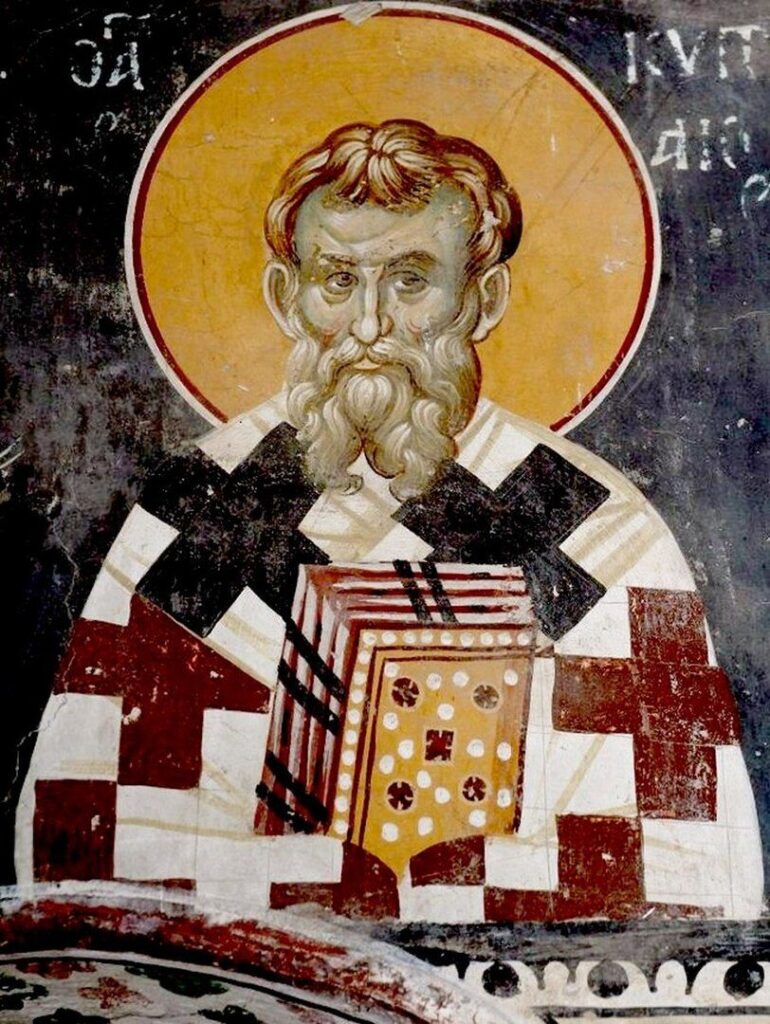Cyprian of Carthage

It is known that he was raised in a pagan environment and pursued a career as a lawyer. The circumstances of his conversion are unknown. He was ordained a bishop just two years after his baptism and almost immediately faced the persecution of Christians instigated by Emperor Decius, becoming embroiled in intense disputes about the repentance of apostates.
Under the threat of torture, many, including several bishops, renounced Christ, but after the persecution ended, they sought to return to the Church. Cyprian insisted that only a bishop or a presbyter appointed by him could grant absolution of sins (not confessors—those who did not deny their faith but avoided death for some reason), and the issue of reinstating a fallen bishop could only be decided by a council of his former peers. Any sacraments performed by a fallen bishop before his reinstatement by the council were considered invalid.
The matter escalated into a serious conflict with Pope Stephen, which did not grow further only due to the latter’s arrest and execution. A few years later, Cyprian himself was arrested, sent into exile, and then executed.
On the Unity of the Church
St. Cyprian of Carthage When the Lord, for our instruction, says, “Ye are the salt of the earth” (Matthew 5:13), and when He commands us, though guileless, to be prudent, joining wisdom to simplicity (Matthew 10:16), is it not most fitting, dearest brethren, that we should foresee the snares of the wicked enemy, and with...